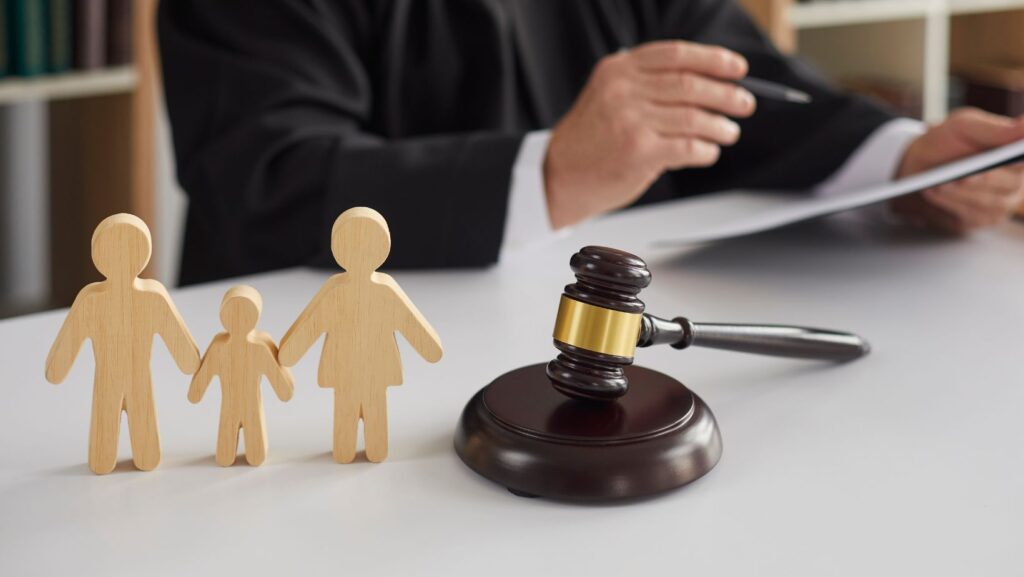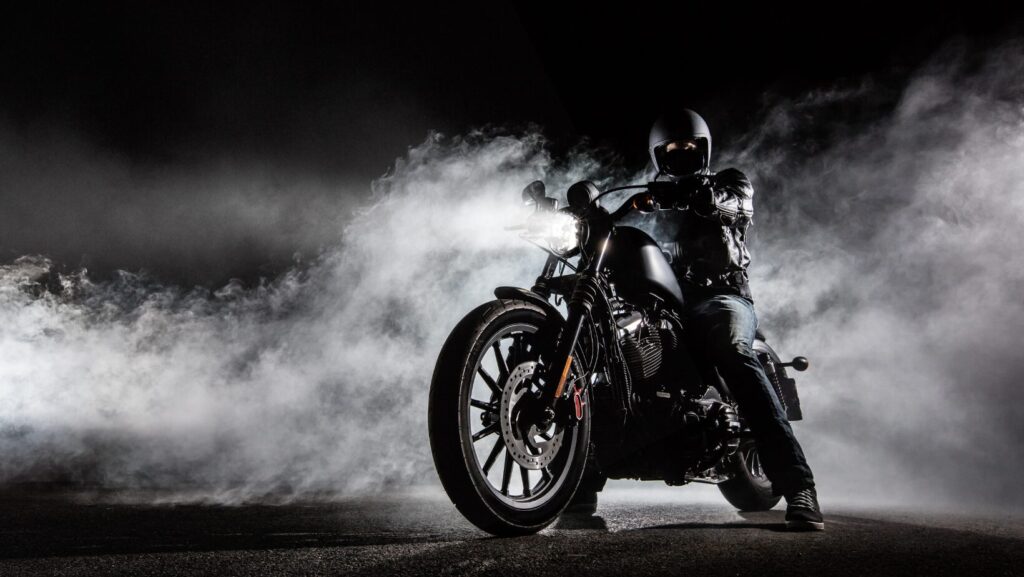The Legal Rights You Have at a Brooklyn DUI Checkpoint
Brooklyn drivers regularly encounter DUI checkpoints on major roads and highways, particularly during holidays and weekends when law enforcement agencies focus on preventing drunk driving. These stops can feel intimidating even for sober drivers who aren’t familiar with their legal rights during police encounters.
Understanding your constitutional protections during checkpoint stops helps you avoid mistakes that could damage potential legal cases if arrests occur. Knowing what you can and can’t do legally protects you from unnecessary self-incrimination while ensuring respectful cooperation with law enforcement officers.
DUI checkpoints operate under legal guidelines that balance public safety goals with individual constitutional rights, creating situations where informed drivers can protect themselves while complying with legitimate police authority. Smart drivers prepare for these encounters before they happen rather than learning about their rights during stressful situations.
What Police Are Allowed to Ask
Basic identification requests including driver’s license, vehicle registration, and insurance documentation represent standard requirements that all drivers must provide during any legitimate traffic stop. These documents don’t require consent because driving represents a privilege that comes with obligations to carry proper documentation.
Initial questioning about alcohol consumption often includes general questions about where you’ve been and whether you’ve been drinking, but you’re not legally required to answer these questions beyond providing required documentation. Officers may ask these questions as part of their investigation, but responses are generally voluntary.
Vehicle observation allows officers to look for open containers, drug paraphernalia, or other contraband that’s visible from outside vehicles without conducting searches. However, they can’t search vehicle interiors without consent, warrants, or probable cause that evidence of crimes exists inside vehicles.
Administrative checkpoint procedures must follow established protocols that treat all drivers equally rather than targeting specific individuals based on race, age, or vehicle type. These standardized procedures provide legal protection for drivers while allowing effective screening for impaired driving.
Your Right to Remain Silent
Constitutional protections under the Fifth Amendment allow you to decline answering questions about alcohol consumption, destinations, or activities without legal penalties. Politely informing officers that you prefer to exercise your right to remain silent is legally permissible and often advisable.
Questioning limits mean that officers can’t force answers to incriminating questions, but they can ask and may interpret silence as suspicious behavior that justifies additional investigation. Understanding this balance helps drivers make informed decisions about cooperation levels during checkpoint encounters.
Voluntary communication means that anything you say can be used as evidence in criminal proceedings, making careful word choice important during all police interactions. Even seemingly innocent statements can be misinterpreted or taken out of context during legal proceedings.
Professional advice suggests limiting conversation to required documentation while avoiding explanations or elaborations that might provide evidence for potential criminal charges. Simple, direct responses to mandatory requests protect rights while maintaining respectful cooperation with law enforcement.
Field Sobriety and Breath Tests
Field sobriety tests are generally voluntary in New York, meaning drivers can refuse these physical coordination tests without automatic legal penalties. However, refusal may provide officers with additional justification for arrests based on other observable signs of impairment.
Breath test refusal carries administrative penalties including automatic license suspension under implied consent laws that apply to all drivers who operate vehicles on public roads. These penalties occur regardless of criminal case outcomes and represent separate administrative actions.
Preliminary breath tests at checkpoints may be distinguished from formal chemical tests at police stations, with different legal consequences for refusal depending on the specific testing stage and equipment used. Understanding these distinctions helps drivers make informed decisions about compliance.
Legal consultation becomes crucial when breath test refusal occurs because the consequences involve both criminal charges and administrative license actions that require different legal strategies and timing considerations for effective defense.
When to Call a Lawyer Immediately
Arrest situations require immediate legal representation because anything said during custody can be used as evidence in criminal proceedings where DUI convictions carry serious penalties including jail time, fines, and license suspension. Early attorney involvement often prevents self-incrimination that damages defense strategies.
Miranda rights notification means that formal questioning after arrest should stop until attorneys are present, but many defendants don’t understand these protections and continue answering questions that damage their cases. Requesting counsel immediately protects against these common mistakes.
Time-sensitive decisions about chemical testing, plea negotiations, and administrative hearings require legal guidance that can’t be obtained after critical deadlines pass. DUI cases involve multiple deadlines that affect both criminal charges and license retention that defendants often miss without professional help.
Evidence preservation becomes crucial immediately after arrests because police procedures, testing equipment calibration, and officer training records provide potential defense strategies that must be investigated quickly before evidence gets destroyed or becomes unavailable.
Conclusion
DUI checkpoints create encounters where informed drivers can protect their rights while cooperating appropriately with legitimate law enforcement activities. Understanding these rights prevents unnecessary self-incrimination while avoiding confrontational behavior that escalates minor situations into serious problems.

Constitutional protections remain in effect during checkpoint stops, but exercising these rights requires knowledge and careful communication that balances legal protections with practical realities of police encounters. Smart drivers prepare for these situations before they occur rather than learning about their rights during stressful encounters.
Brooklyn checkpoints test more than sobriety—they test drivers’ legal awareness and ability to protect their rights during police encounters that can affect their lives for years. Preparation and knowledge provide the best protection against both impaired driving charges and procedural mistakes that damage potential legal defenses.

